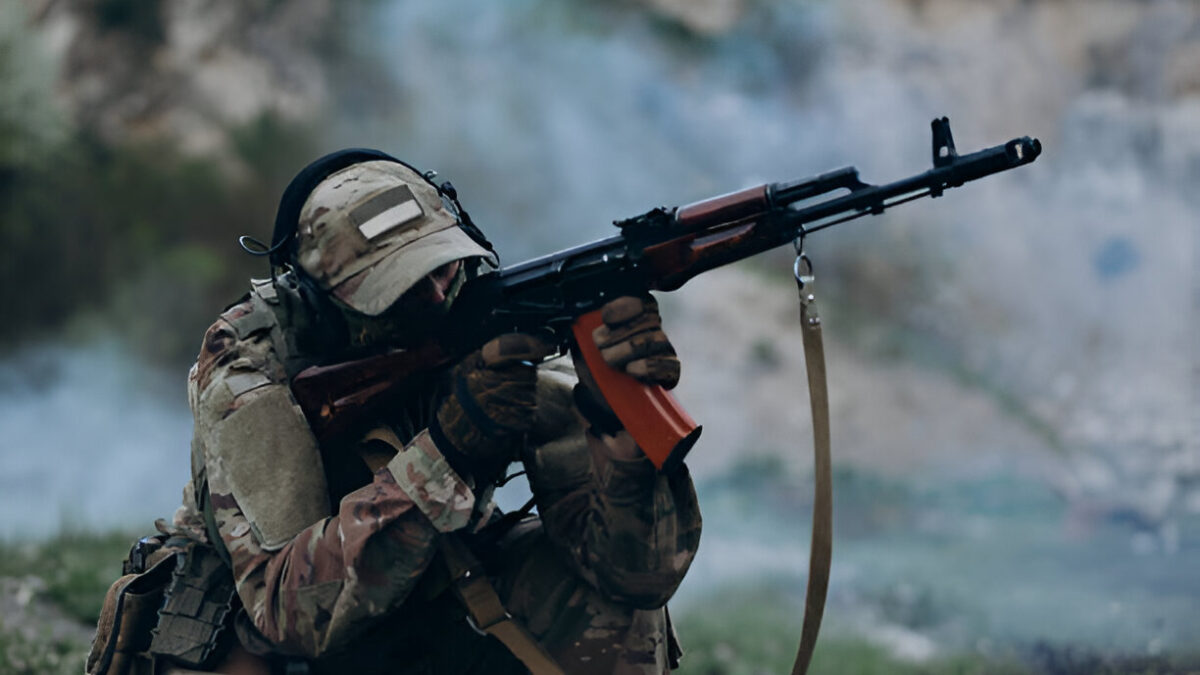
Top PCD Pharma Franchise in Himachal Pradesh | Edward Young Labs
April 10, 2025
Own PCD Pharma Manufacturing Company in India
May 10, 2025How the Pahalgam Terror Attack Disrupted India-Pakistan Pharma Trade: A Blow to Top Pharma Franchise Companies?
The recent (22 April 2025) Pahalgam terror attack not only intensified the already fragile political relationship between India and Pakistan but also cast a long shadow over the cross-border pharmaceutical trade. While much of the focus has remained on the human toll and geopolitical ramifications, a quieter but significant consequence is the disruption in the pharmaceutical sector — an industry that was thriving despite the diplomatic tensions.
One of the lesser-known facts is that nearly 30 to 40 percent of India’s pharmaceutical exports were destined for Pakistan. This included life-saving drugs, general medicines, and a significant volume of generic pharmaceuticals. The Pahalgam terror attack has strained bilateral ties to such an extent that even commercial and humanitarian sectors like healthcare are not spared.
Trade Disruption: A Blow to a Fragile Healthcare Bridge
For years, India has been the primary supplier of affordable, high-quality medicines to Pakistan, filling the critical gaps in Pakistan’s domestic production capacity. Indian pharmaceutical companies, particularly those operating under models like the Monopoly Pharma Franchise Company in India, have built strong distribution networks across borders. This model has allowed a single distributor to dominate a particular region, ensuring consistent supply and customer service.
However, the attack at Pahalgam has altered the equation. The Indian government, in response to the attack and the perceived lack of adequate counter-terrorism action by Pakistan, has signaled the possibility of trade restrictions, especially in sensitive sectors. While these measures are politically strategic, they have inadvertently crippled the lifeline that the pharmaceutical sector offered to Pakistan’s healthcare system.
The Economic Fallout: Losses for Both Countries
The fallout is not one-sided. Here’s how both countries are being affected:
India’s Losses
- Revenue Decline: Indian pharmaceutical exporters who relied on the Pakistan market are seeing a sharp drop in revenues. For companies built on the Top Pharma Company for Franchise in India model, the sudden termination of orders from Pakistani distributors is creating massive inventory backlogs.
- Franchise Disruption: Many monopoly pharma franchise businesses had exclusive distribution rights for specific regions in Pakistan. With the trade channels now either frozen or uncertain, these companies face operational setbacks and potential legal issues with partners.
- Reputation Impact: India’s image as a stable pharmaceutical supplier may suffer if this geopolitical tension leads to long-term supply disruption. This is particularly concerning for companies eyeing expansion into other politically sensitive regions.
Pakistan’s Losses
- Healthcare Shortages: Pakistan, with a relatively smaller pharmaceutical manufacturing base, heavily relied on Indian imports for essential drugs. The sudden break in this chain is already being felt in hospitals and clinics, particularly in rural areas.
- Increased Costs: With India’s supply disrupted, Pakistan is turning to alternate suppliers, mostly in Europe or China. These alternatives are not only costlier but may also lack the efficiency and speed of Indian logistics networks.
- Public Health Crisis: In the long run, continued disruptions can trigger a full-blown health crisis. Chronic disease management, cancer treatments, and emergency medication are all affected, creating massive stress on Pakistan’s already strained healthcare system.
The Ripple Effect on Franchise Pharma Models
The trade breakdown also reveals the vulnerabilities of the Monopoly Pharma Franchise Company in India model when international instability arises. While this model offers exclusive rights, which generally translate to strong sales and low competition in stable markets, it becomes fragile when international relations sour. Distributors and partners across the border who had heavily invested in Indian product portfolios are now stranded with unusable inventory and broken supply chains.
Similarly, firms listed as Top Pharma Company for Franchise in India are experiencing contractual disruptions. These companies had ambitious plans for expansion into South Asian markets. The current standoff is forcing them to rethink their regional strategies and diversify markets to mitigate future geopolitical risks.
A Call for Strategic Reassessment
This situation brings to light an urgent need for strategic reassessment among Indian pharma companies. Here are some key takeaways:
- Market Diversification: Companies need to explore newer markets in Africa, Southeast Asia, and Latin America to reduce overdependence on politically unstable regions.
- Digital Pharma Export Platforms: Investing in digital platforms for secure, fast cross-border transactions can cushion the blow during political turbulence.
- Government Support: The Indian government should consider sector-specific exemptions or humanitarian trade corridors to allow the flow of essential medicines even during high-tension periods.
Conclusion
The Pahalgam terror attack has had far-reaching consequences, some of which extend beyond political rhetoric and military strategy. The pharmaceutical sector — especially models like the Monopoly Pharma Franchise Company in India — has found itself entangled in the web of geopolitics. While both India and Pakistan are paying a heavy price, it is ultimately the common people, especially patients in need of vital medication, who suffer the most.
For pharmaceutical companies, especially those tagged as a Top Pharma Company for Franchise in India, this is a moment of reckoning. The path forward must include stronger international strategies, contingency plans, and active lobbying for maintaining essential trade lines in the face of political conflict.




